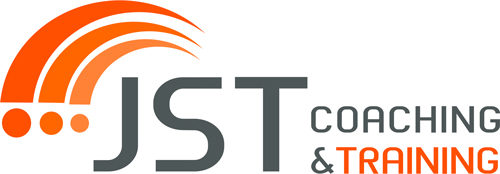What Is Motivation?
The term motivation describes why a person does something. It is the driving force behind human actions. Motivation is the process that initiates, guides, and maintains goal-oriented behaviors.
Types of Motivation
Extrinsic motivation arises from outside of the individual and often involves external rewards such as trophies, money, social recognition, or praise. Intrinsic motivation is internal and arises from within the individual, such as doing a complicated crossword puzzle purely for the gratification of solving a problem.
Motivational Roadblocks
Lack of motivation is an often-misunderstood concern for neurodivergent students, parents and the professionals who support them. When coaching students, I learned that motivation is not one size fits all and there are many reasons behind lack of motivation or getting “stuck.”
A Few Examples of Motivational Roadblocks Are:
- All or Nothing Thinking
- Fixed Mindset
- Fear of Failure/Fear of Success
- Lack of Understanding
- Low Self-Confidence
- Negative Self-Talk
- Perfectionism
How Does Coaching Help?
- Coaching is a non-judgmental student-directed process.
- When students are at choice, they are more likely to follow through.
- Open-ended questions help students identify their own roadblocks and motivators.
- Creates a safe space and trust encouraging students to share.
- Students become more comfortable with independent thinking and “experimenting” with new ideas.
Coaching Tips for Boosting Motivation
- Chunk down tasks
- Create a schedule
- Gamify tasks and assignments
- Use re-energizing strategies.
- Develop an exercise routine.
- Find a study buddy or body double
- Create a reward system
- Develop positive self-talk/affirmations
- Identify strengths and superpowers
Effective coaching can empower students to discover their own intrinsic motivation, transforming them from passive learners to self-directed, driven individuals. I hope these examples help you find the best way to overcome motivational roadblocks.

